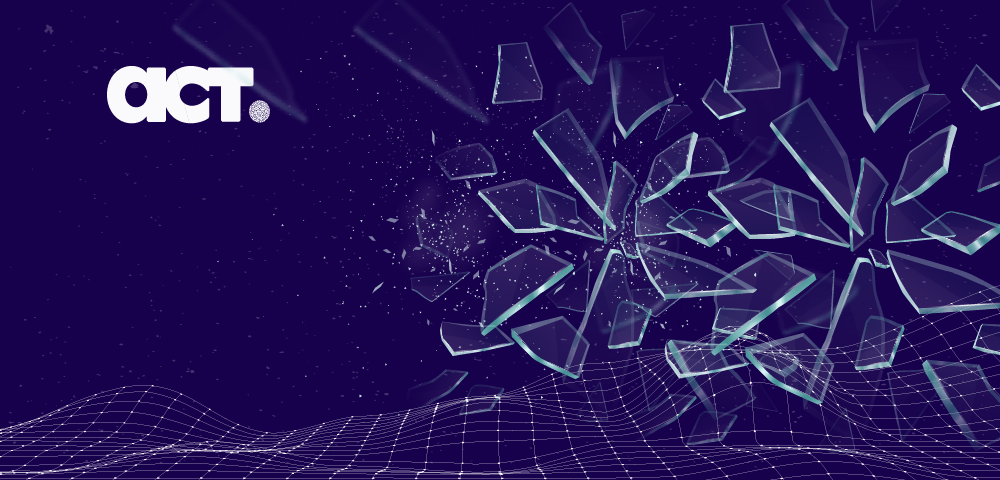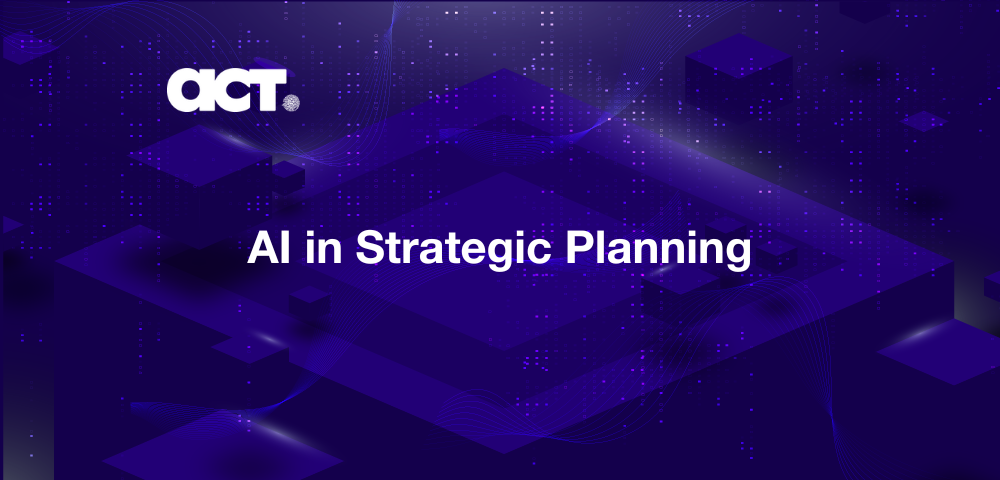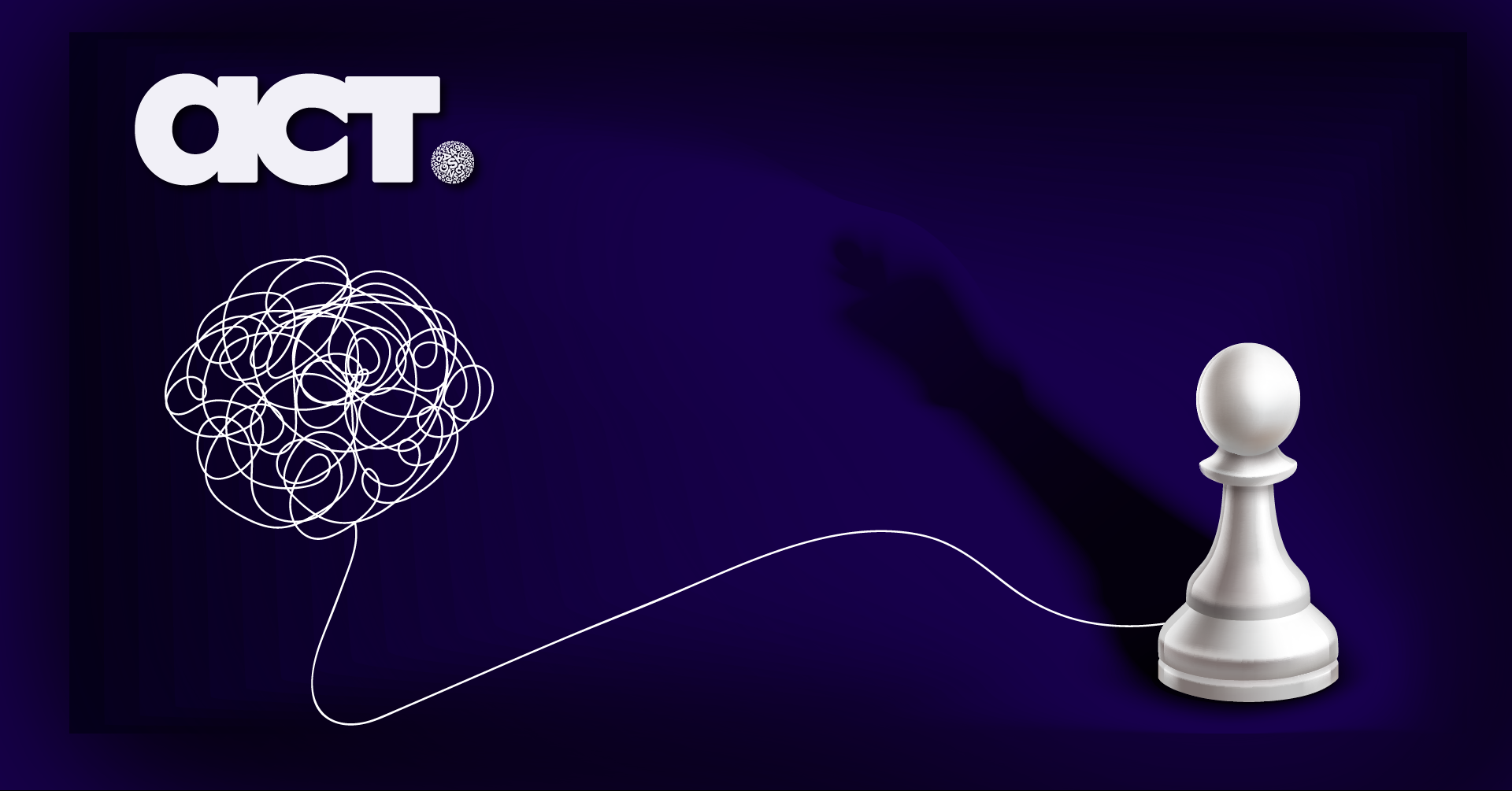Marketing inspiration can dry up from time to time. Looking at never-ending data reports or thinking about many other routine tasks can stifle the creativity of even the most experienced marketer. Artificial intelligence (AI) exists for that. Forget dystopian visions of robots taking over your marketing department. AI is not here to replace you; Imagine a tireless assistant that can analyze large amounts of customer data, spotting emerging trends that might escape even the most observant eye. AI can become your powerful and indispensable strategic partner, leveraging human creativity to help you create powerful, data-driven, effective strategies, offer innovative campaign concepts and personalized messaging strategies based on real-time insights.
AI: Performance Enhancer
Imagine a world where the routine tasks that consume your time—analyzing data, planning social media, and creating accounts—disappear into automated obscurity. This is not science fiction; AI can handle the routine, giving you more time to develop strategy and creative campaigns. Perhaps we agree that the number of routine tasks can stifle innovation. Embracing this bold change helps us focus on creating innovative campaigns that resonate precisely with audiences.
From data to insights
AI goes beyond mere automation; It is the best helper in terms of data processing. Imagine a powerful artificial intelligence engine that observes and analyzes massive data, revealing trends. It's not just about key demographics; AI can explore the depths of consumer sentiment on social media, website interactions, and purchasing behavior. Result? A detailed and dynamic portrait of your ideal customer. With these insights, messages and offers can be personalized as much as possible for the best results. This in turn will lead not only to higher conversion rates, but also to a deeper understanding of the ever-evolving customer journey.
Case: Netflix's AI-powered recommendations
Netflix's success story using AI goes beyond simply suggesting shows you might like. It serves as a masterclass in using artificial intelligence to personalize the entire user experience and optimize content creation. This not only personalizes the user experience, but also facilitates content creation by identifying genres and topics that accurately reflect the interests of their users. In more detail:
- The magic of micro-targeting: Imagine having a crystal ball that shows you what your audience wants - their favorite actors, their preferred genres, and even the times of day they're most likely to watch. This allows Netflix to show you thumbnails (small pictures) and recommend shows you might really like. Netflix uses AI to conduct A/B testing on a massive scale. Various thumbnails, trailers and even descriptions are presented to users and AI analyzes which ones generate the most clicks and views. This data-driven approach enables continuous optimization.
- Content is King, and AI Knows the Court: Gone are the days when content development depended solely on instinct. Netflix's AI analyzes viewing trends and completion rates, even where scrolling occurred. This gives them the opportunity to create content that caters to specific audience segments and increases engagement. Similarly, AI can analyze consumer behavior and social media sentiment to predict what kind of content will resonate with your target audience, allowing you to develop marketing campaigns that are more successful.
- Predicting the Unpredictable: Consumer behavior can be erratic, but Netflix's AI is constantly learning and evolving. By analyzing large amounts of data, it can predict which shows are likely to be hits and which ones might not. That same level of predictive power can be incredibly valuable to marketers as well. AI can analyze market trends, competitor strategies, and even social media feedback to help you anticipate customer needs and tailor your communications accordingly.
Adaptation and development in the age of AI
Marketing is constantly evolving, and AI represents a major shift that resistance to can hinder progress. Instead, we should look at artificial intelligence as an opportunity to improve skills to achieve greater success.
Maintaining a positive attitude towards AI is crucial. Focusing on the potential benefits of AI, such as increased efficiency, deeper customer analysis, and the ability to create more targeted and personalized marketing campaigns.
We shouldn't be afraid to experiment with new AI tools and marketing strategies. "Fail fast, learn faster" approach allows for quick adaptation.
The indispensable person: creativity and empathy
Artificial intelligence is a powerful tool, but it lacks the creativity and empathy of humans to develop compelling narratives that resonate emotionally. Understanding people's moods on an emotional level and making real connections with your audience remains your exclusive opportunity. Artificial intelligence cannot replace the human ability to translate data into compelling brand stories. Think about it - who will write an emotional brand story that you can't read without tears? It's you, the creative genius behind the wheel.
A masterpiece of collaboration: humans and AI in harmony
The future of marketing is not a competition between humans and artificial intelligence; It is a masterpiece of collaboration. Imagine: AI builds data-driven insights, uncovering customers' hidden desires and emotional triggers. You then translate this information into compelling brand stories that resonate with your audience on an emotional level. This synergistic approach leads to effective, data-driven marketing campaigns that drive brand loyalty and long-term success.
The future of marketing is collaboration between humans and artificial intelligence. You can discover a new era of marketing efficiency. This future promises not only efficiency and meaningful insights, but also deeper analysis of the customer journey map, allowing for the truly meaningful connections that drive brand loyalty and long-term success.






